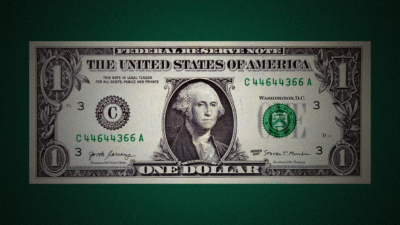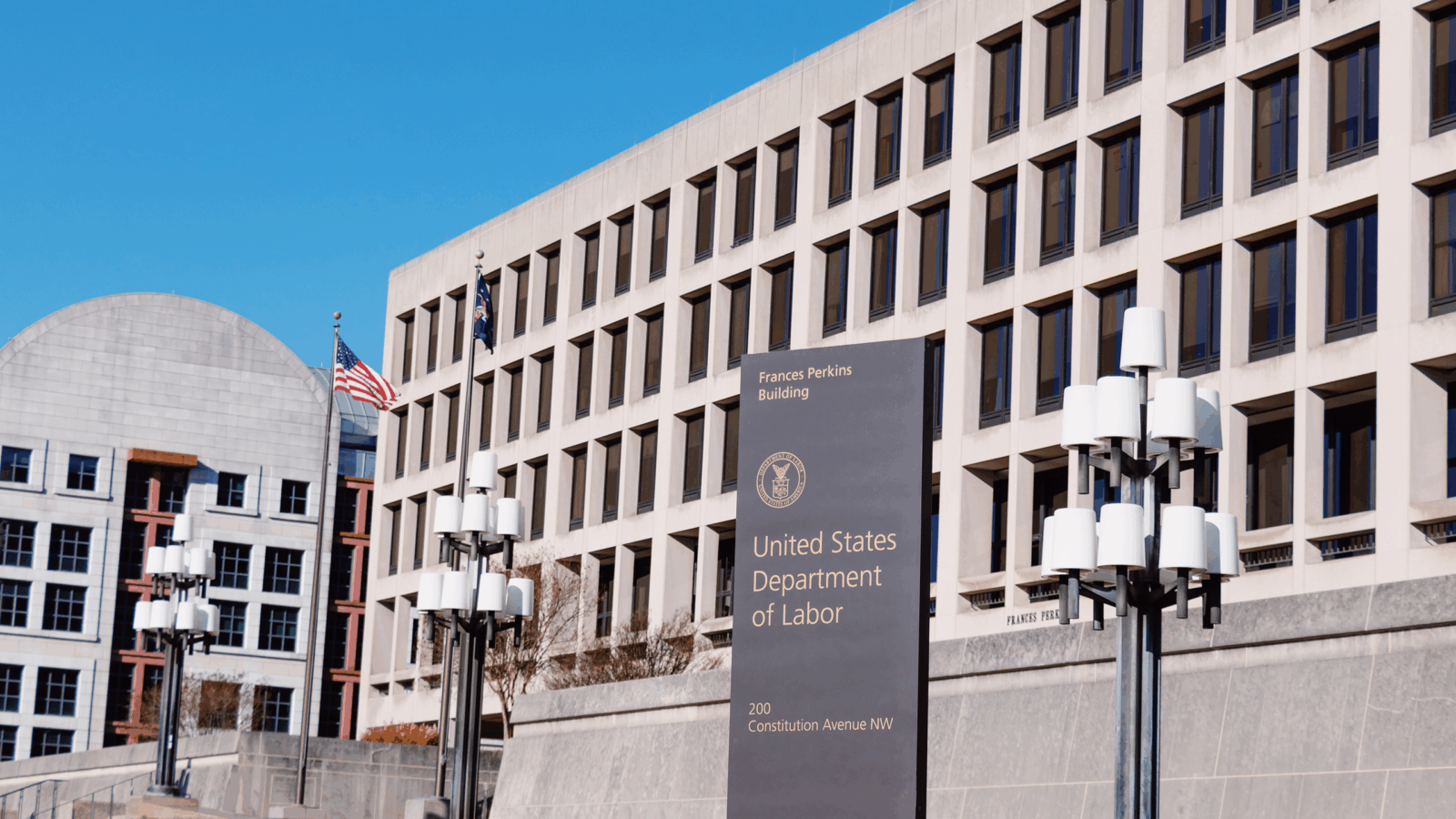Sign up for smart news, insights, and analysis on the biggest financial stories of the day.
With the vaccine rollout underway and today being the Winter solstice, there is light at the end of the 2020 tunnel.
Last night Democrats and Republicans agreed to a $900 billion stimulus deal to push the U.S. through the home stretch of the pandemic.
What’s Included?
The $900 billion deal will be the second-largest economic relief package in U.S. history – short only of the $2.2 trillion CARES Act approved in March. The deal includes:
- Direct, means-tested checks of $600 per person (roughly $166 billion total)
- Enhanced federal unemployment benefits of $300 per week for the next 11 weeks ($120 billion total)
- $325 billion of support for small businesses, including repurposed funding for the Paycheck Protection Program.
- $30 billion for the “procurement and distribution” of vaccines.
- $82 billion for schools and colleges.
What Was the Hangup?
Washington, D.C.
The bill was 1) more than the $550 billion deal that many Senate Republicans had favored and 2) much less than the $2.2 trillion proposal put forth by Democrats in the latest version of the HEROES Act.
Coming down to the wire, talks accelerated last week with major concessions from both sides. The bill did not include aid for state and local governments which Democrats had sought or coronavirus-related liability protection sought by some Republicans.
This weekend, lawmakers reached a compromise on the power of the Federal Reserve’s crisis lending powers. The Fed will be prohibited from establishing lending programs identical to the ones set up earlier this year without approval from congress.











